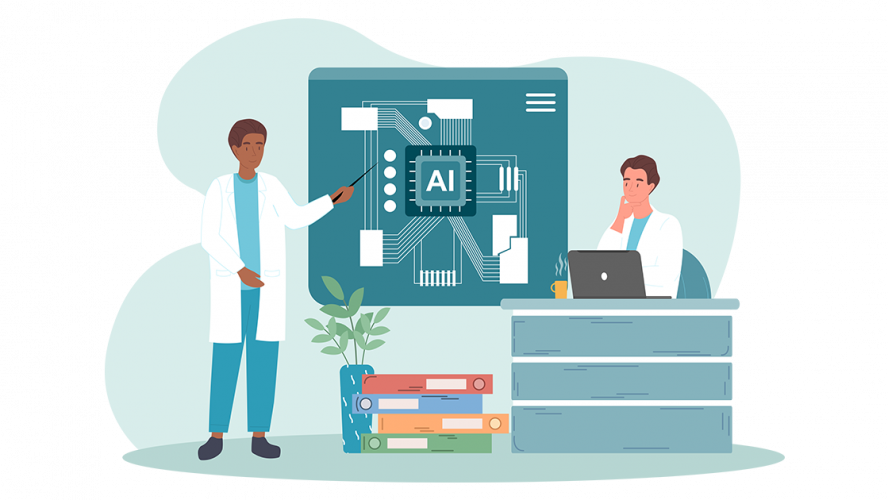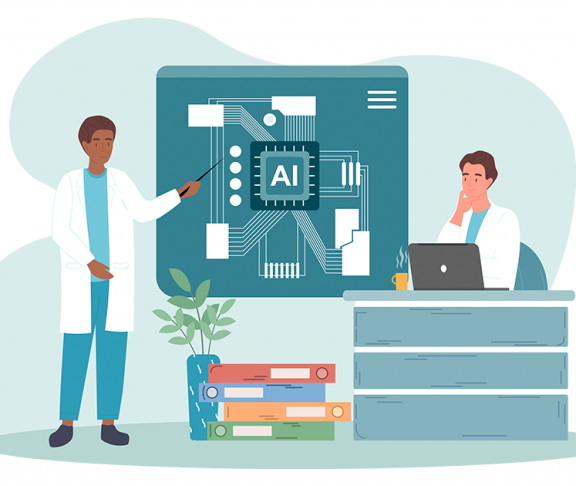
Darren Kinsella
Healthcare Biotechnology Manager, EuropaBio
What if machine learning and artificial intelligence could learn to detect one of the most common forms of blood cancer, through evaluating data based on the gene activity of blood cells1?
The biopharmaceutical industry has a long history of handling scientific and patient data and has done so for decades. However, the digitalisation of our society and healthcare systems has resulted in the creation of increasingly vast amounts of data sets, almost impossible for consistent human analysis. AI and machine learning has begun to expand our ability to analyse these increasingly large data sets, thus presenting the opportunity to rapidly develop diagnostics and therapeutics2.
AI and machine learning has begun to expand our ability to analyse these increasingly large data sets.
Encouraging investments in AI
AI is still an evolving technology and this technology continues to improve rapidly. The OECD Recommendation on AI stated that governments should consider “long-term public investmentt,,
Public investments in the collection of quality data, such as the EU Health Data Space, could allow society to input this data into the AI algorithms, allowing them to learn and grow. However, this data should not be kept in isolation and should be utilised in scientific and medical research allowing more efficient data assessments and applications, reducing the number of required physical trials and burden for patients.
Possible healthcare applications
The possibilities for the use in, and improvement of, modern healthcare are immense. However, in order for people to accept the use of AI in diagnosis and treatment, they will need to be confident in its ability and security. To achieve this, the use of AI should always be ethical, compliant with data privacy laws and there should be strong governance mechanisms.
[1] Stefanie Warnat-Herresthal, Konstantinos Perrakis, Bernd Taschler, Matthias Becker, Kevin Baßler, Marc Beyer, Patrick Günther, Jonas Schulte-Schrepping, Lea Seep, Kathrin Klee, Thomas Ulas, Torsten Haferlach, Sach Mukherjee, Joachim L. Schultze. Scalable prediction of acute myeloid leukemia using high-dimensional machine learning and blood transcriptomics. iScience, 2019; 100780 DOI: 10.1016/j.isci.2019.100780 https://www.sciencedaily.com/releases/2019/12/191223095351.htm
[2] Radakovich, Nathan et al. “Acute myeloid leukemia and artificial intelligence, algorithms and new scores.” Best practice & research. Clinical haematology vol. 33,3 (2020): 101192. doi:10.1016/j.beha.2020.101192

